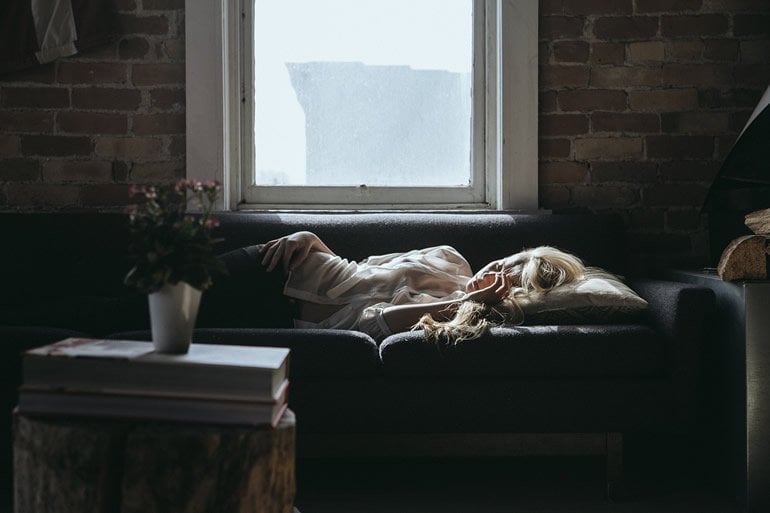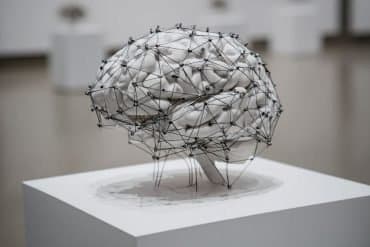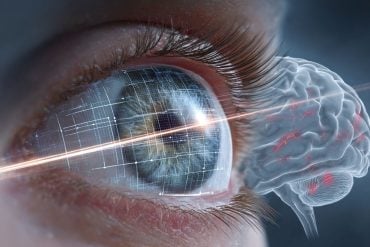Summary: Higher levels of sleepiness were associated with a reduction in both social activities and the amount of time people engage in social events. Social activities in the afternoons were linked to increased sleepiness following the engagement and longer sleep duration at night. Higher levels of social interaction at night were linked to reduced immediate sleepiness and shorter overall sleep duration.
Source: Stockholm University
Being socially active generally increases your chances of getting a good night’s sleep. But if you are active late into the evening, it reduces the number of hours you sleep – and can also affect your social life.
Sleepiness affects cognitive performance, motivation and behaviour. More and more people are suffering from sleep disorders, but the effects of sleepiness on social activity, which plays an important role in one’s overall health and well-being, have remained relatively unknown. In order to increase our understanding in this area, researchers at Stockholm University and Karolinska Institutet studied 641 working adults residing in Sweden. Participants recorded what they were doing every thirty minutes, estimated their level of sleepiness every three hours and filled out a sleep diary every morning for three weeks.
Association between sleepiness and social activity
The results, which have now been published in the scientific journal PNAS, show a clear association between sleepiness and social activity. Higher levels of sleepiness could be linked to a reduction in the number of social activities and the amount of time one engaged in social activity, with the most significant effects seen on days off and during the evenings.
Social activity generally promotes good sleep. The study shows that social activity in the afternoon may be linked to increased sleepiness after the social engagement as well as longer duration of sleep that night. And at the same time, the study shows that a higher level of social activity in the evening was linked to reduced sleepiness and a shorter duration of sleep (20 to 30 minutes less if respondents were active for more than 6 hours).
Social activity increases our need for sleep
According to one of the study’s lead authors John Axelsson, professor of psychology at Stockholm University and associate professor at Karolinska Institutet, the results show that social activity tires us out, just like physical activity, which increases our need for sleep and causes us to sleep longer the next time we sleep.

On the other hand, a lot of social activity late at night is associated with decreased sleep. The latter is likely linked to times when we prioritise certain types of social activity, such as going out and partying, over sleep. It may also be that certain types of social activity late in the evening make us wound up, and it may then take a little longer to fall asleep.
According to John Axelsson, future studies are needed to look into this. “Our study opens the door to new research on how factors such as daylight, coffee, sleep treatments and other factors that reduce sleepiness can help us live more social lives”.
John Axelsson and his colleagues are now conducting studies on how sleep and sleepiness affect the way we interact with our colleagues at work. They are tracking how well workers sleep in greater detail than they did in the current study and examining how often participants are socially active and the quality of social interaction.
About this sleep research article
Source:
Stockholm University
Contacts:
Press Office – Stockholm University
Image Source:
The image is in the public domain.
Original Research: Closed access
“Sleepiness, sleep duration, and human social activity: An investigation into bidirectionality using longitudinal time-use data” by John Axelsson et al. PNAS.
Abstract
Sleepiness, sleep duration, and human social activity: An investigation into bidirectionality using longitudinal time-use data
Daytime sleepiness impairs cognitive ability, but recent evidence suggests it is also an important driver of human motivation and behavior. We aimed to investigate the relationship between sleepiness and a behavior strongly associated with better health: social activity. We additionally aimed to investigate whether a key driver of sleepiness, sleep duration, had a similar relationship with social activity. For these questions, we considered bidirectionality, time of day, and differences between workdays and days off. Over 3 wk, 641 working adults logged their behavior every 30 min, completed a sleepiness scale every 3 h, and filled a sleep diary every morning (rendering >292,000 activity and >70,000 sleepiness datapoints). Using generalized additive mixed-effect models, we analyzed potential nonlinear relationships between sleepiness/sleep duration and social activity. Greater sleepiness predicted a substantial decrease in the probability of social activity (odds ratio 95% CI = 0.34 to 0.35 for days off), as well as a decreased duration of such activity when it did occur. These associations appear especially robust on days off and in the evenings. Social duration moderated the typical time-of-day pattern of sleepiness, with, for example, extended evening socializing associated with lower sleepiness. Sleep duration did not robustly predict next-day social activity. However, extensive social activity (>5 h) predicted up to 30 min shorter subsequent sleep duration. These results indicate that sleepiness is a strong predictor of voluntary decreases in social contact. It is possible that bouts of sleepiness lead to social withdrawal and loneliness, both risk factors for mental and physical ill health.






